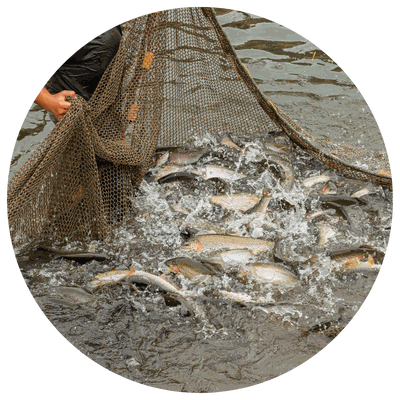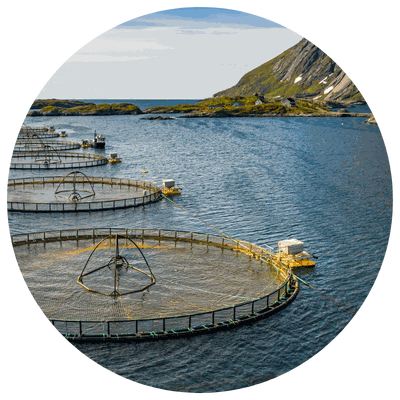Aquaculture and its 12 overshadowed benefits to the environment
March 10, 2023 | Environmental Lab
Contrary to mainstream concerns raised over the practice of Aquaculture, researchers from the University of Melbourne identified 12 potential ecological benefits of aquaculture to the environment that are often not given due attention.
Researchers led by Kathy Overton explained that the negative impacts of aquaculture have overshadowed the positive application that it has been doing since its practice. “While the negative impacts of some types of aquaculture are well known, we can also use aquaculture to slow or stop these negative impacts and help restore ecosystems that have been largely lost over the last century.”
Aquaculture is primarily the practice of raising aquatic organisms in controlled environments. Despite several concerns on its possible contribution to habitat destruction, pollution, and disturbance of native aquatic ecosystems, the research findings discuss otherwise, including benefits on:
Species Recovery
Habitat Restoration
Habitat Rehabilitation
Habitat Protection
Bioremediation
Assisted Evolution
Biological Control
Removal of Overabundant species
Ex situ conservation (off-site conservation)
Coastal defense
Climate change mitigation
Wild harvest replacement
Reports on these critical benefits are elaborated in the study published on February 21st at the Society for Conservation Biology. The study emphasized the new range of ways that aquaculture techniques can do to restore or conserve species and habitats.
“Aquaculture is a key part of our process to rebuild lost shellfish reefs through creating healthy oyster and mussel juveniles to kick start the reef restoration process.”, said Dr. Simon Branigan, marine restoration coordinator at The Nature Conservancy (TNC) Australia. “Reefs with abundant shellfish create strong ecological benefits – they are important habitats for a host of marine species, and they improve water quality. Without aquaculture, we would struggle to restore these lost marine habitats and get this important conservation work done.”
The findings of the study, particularly the benefits of aquaculture seek to provide opportunities for practitioners to avoid mistakes people have made that have led to habitat and biodiversity loss.
“We want to ensure that aquaculture practitioners monitor their ecological impact before claiming their farm creates ecological benefits. Just because a particular aquaculture activity does one positive thing, it doesn’t mean that it will deliver an overall benefit to the environment. It’s important to weigh up overall impacts when deciding if something is ecologically beneficial or not,” said Tim Dempster, co-author and Professor at the University of Melbourne.
“We want people to reimagine what aquaculture is and what it can do, and to show people how it can be used as a tool to safeguard aquatic ecosystems and biodiversity for future generations,” Dempster added.

